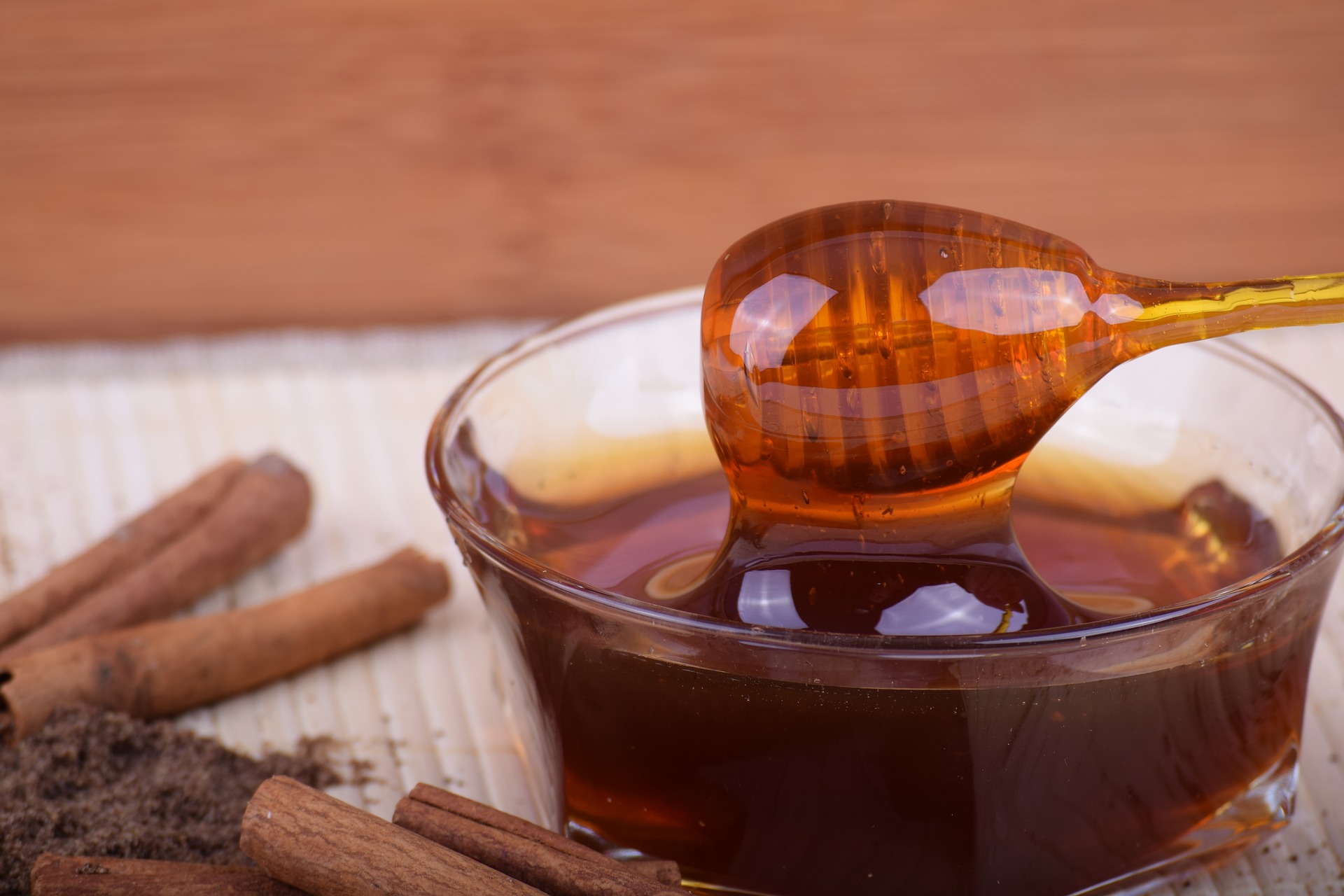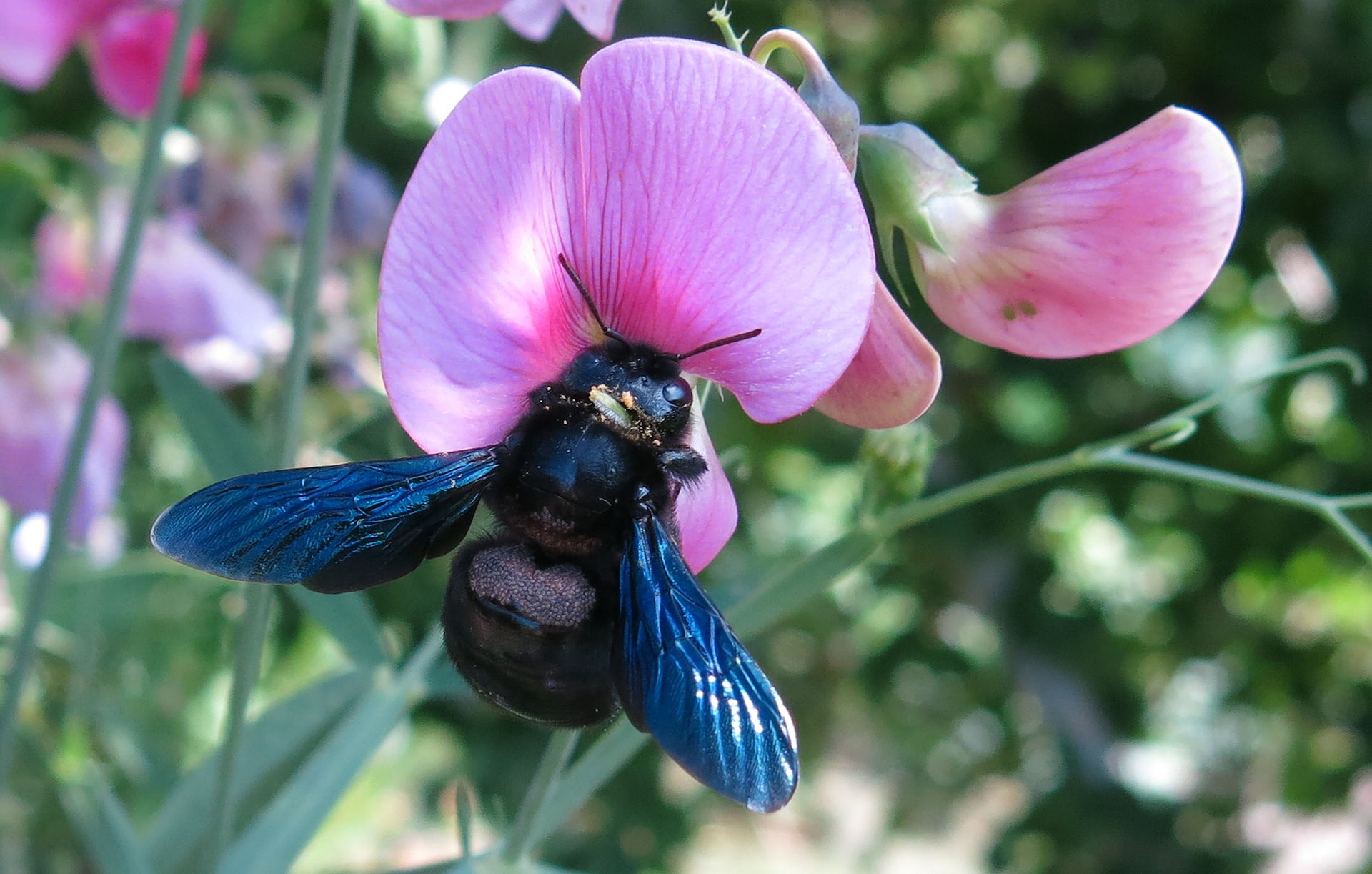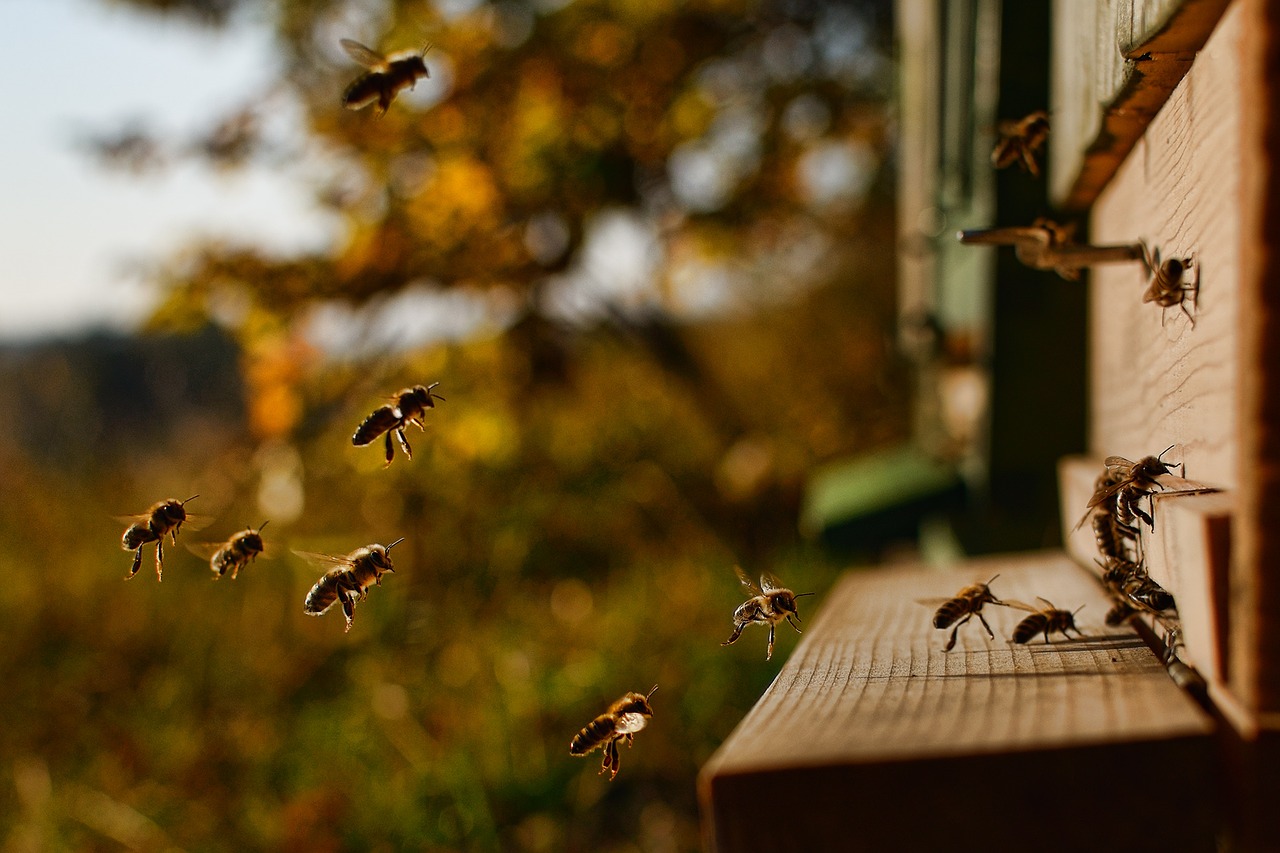
- Sustainable Planet -
- 3mins -
- 386 views
EU agrees to a total ban on bee-harming pesticides: why bees are so important to our planet
Insecticides now banned from European fields to protect bees, and why this is fantastic news!
Insecticide ban to come into effect within months
The world’s most common insecticides will be banned from all European agricultural fields within months in order to protect both wild and honeybees, and this is fantastic news because our world would be a very different place if bees didn’t exist.
The ban on the main neonicotinoids has widespread public support
The European Union is set to ban the world’s most widely used insecticides from all fields due to the serious danger they pose to bees.
The ban on neonicotinoids, approved by member nations last year will mean they can only be used in closed environments such as greenhouses.
The use of neonicotinoids on flowering crops that attract bees, such as oil seed rape, was banned in 2013. However, in February a report from the European Union’s scientific risk assessors(Efsa) concluded that the high risk to both honeybees and wild bees resulted from any outdoor use, because the pesticides contaminate soil and water. This leads to the pesticides appearing in wildflowers or succeeding crops. A recent study of honey samples worldwide revealed global contamination by neonicotinoids.
Neonicotinoids are nerve agents, and have been shown to cause a wide range of harm to individual bees, such as damaging memory and reducing queen numbers.
The ban on the three main neonicotinoids has widespread public support, with almost 5 million people signing a petition from campaign group Avaaz.
“Banning these toxic pesticides is a beacon of hope for bees,” Antonia Staats, at Avaaz, told The Guardian. “Finally, our governments are listening to their citizens, the scientific evidence and farmers who know that bees can’t live with these chemicals and we can’t live without bees.”
Source: TheGuardian

Why Are Bees So Important to Our Planet?
The world would be a far different place if bees didn’t exist. Bees and other insects are vital for global food production as they pollinate three-quarters of all crops. The pollinating service honeybees and the other pollinators provide helped produce around $19 billion worth of agricultural crops in the US alone in 2010.
Without help from animal pollinators, at least one third of the staples US consumers have come to rely on would no longer be available. Broccoli, asparagus, cantaloupes, cucumbers, pumpkins, blueberries, watermelons, almonds, apples, cranberries, and cherries would all disappear from the shops.
Worldwide, there are around 25,000 different types of bee species (around 4,000 in the U.S.). This huge number is divided into over 4,000 genera of bees, which are then further subdivided into just nine families of bees.
The Apidae family is perhaps the most well known, with familiar members such as the honeybee, carpenter bee, and bumblebee. All of these species serve as pollinators of our agricultural world, and all excel at what they do.
All bees have stiff hairs and pockets on their legs that allow them to collect more pollen and be more efficient transporters of it between plants.
Let’s not forget honey Honey is created by bees regurgitating nectar and passing it back and forth in their mouths to one another before depositing and sealing it in a honeycomb. Its intended use is for the bees’ winter food stores, but humans adore this amber liquid too, and the 2013 US honey crop was valued at $317.1 million.
By keeping flowers pollinated, bees perpetuate floral growth and provide attractive habitats for other animals like insects and birds
Bees are among the most important insects to humans on Earth
These busy little creatures help provide us with our favorite fruits and vegetables, delicious honey, and bright and fragrant gardens
For this they deserve our gratitude and protection.



